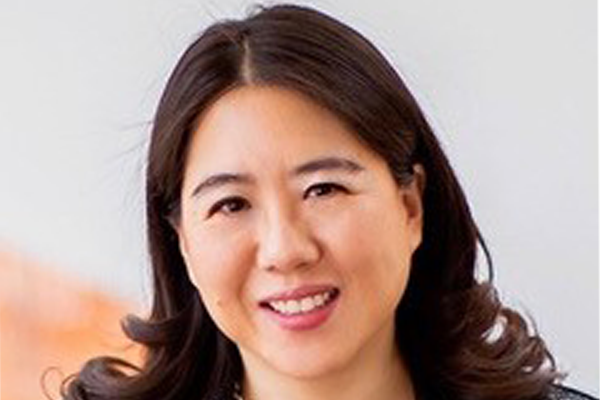A recent analysis of the current guidance from more than 100 academic institutions’ Chemical Hygiene Plans (CHPs) indicates that the burden to implement laboratory reproductive health and safety practices is often placed on those already pregnant or planning conception. This report also found inconsistencies in the classification of potential reproductive toxins by resources generally considered to be authoritative, adding further confusion.
Join Robin M. Izzo, Assistant Vice President of Environmental Health and Safety at Princeton University, Dr. Rich Wittman, Clinical Assistant Professor of Medicine at Stanford Health Care, and Katie McGeough, a Graduate Student at Boston College School of Social Work, as they discuss the findings reported in the Journal of American Chemical Society and provide both environmental health and safety and medical perspectives on risks to fertility, pregnancy, and other reproductive health concerns to all people working in the laboratory.
* If you are having technical difficulties viewing the video please try different internet browsers like Chrome, Firefox, and Explorer. If you still can not access the video please review the following computer prerequisites from our video hosting platform.
What You Will Learn
- Understand the current state of knowledge relative to the potential reproductive health impacts of laboratory work, including chemical, biological and physical concerns
- Identify questions that people considering pregnancy or currently pregnant should ask about their work in the laboratory
- How to find and evaluate literature resources related to reproductive health issues in the lab
Co-Producers
The Fine Print
ACS Webinars® does not endorse any products or services. The views expressed in this presentation are those of the presenters and do not necessarily reflect the views or policies of the American Chemical Society.












